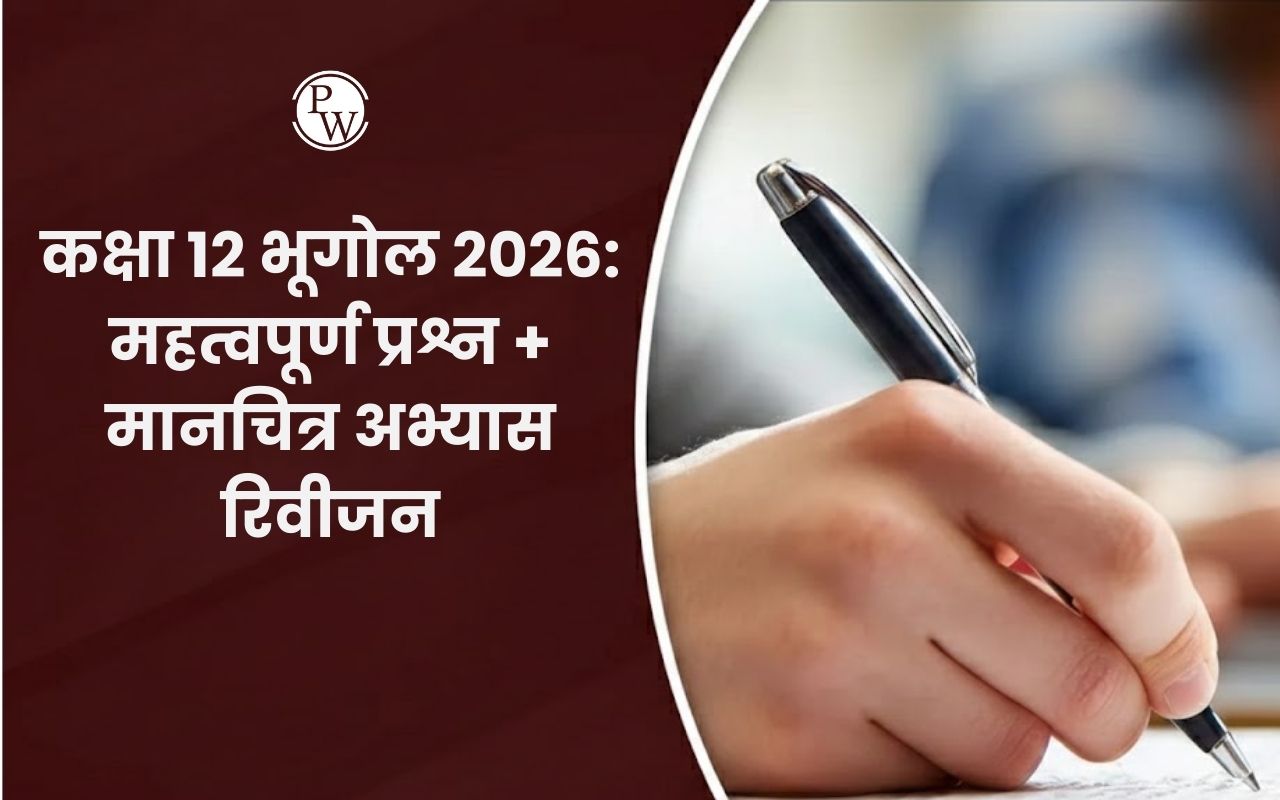
CBSE Class 12 Sociology Chapter Wise Weightage 2024: In the CBSE Class 12 Sociology syllabus for 2024, each chapter is given a certain amount of importance. This is called "weightage." It helps students and teachers understand which chapters are more significant for exams.
By knowing the weightage of each chapter, students can plan their studies better. They can focus more on chapters that carry more weightage, which can improve their overall performance in exams.CBSE Class 12 History Weightage 2024
The CBSE board has allocated an equal weightage of 40 marks per unit for the two major units of the paper. In Unit A, Chapter 1, "Introducing Indian Society," is non-evaluative. Within Unit B, Chapters 8 ("Structural Change") and 9 ("Cultural Change") have a weightage of 5 marks each, while all other chapters are assigned a weightage of 10 marks each. Apart from the chapter-wise theory paper weightage, detailed marks distribution for practicals and distribution based on question typology are also provided below on this page.CBSE Class 12 Sociology Chapter Wise Weightage 2024 Overview
Below is an overview of the CBSE Class 12 Sociology Chapter Wise Weightage for 2024:| CBSE Class 12 Sociology Chapter Wise Weightage 2024 Overview | |
| Board Name | Central Board of Secondary Education (CBSE) |
| Class | Class 12 |
| Subject | Sociology |
| Exam Date | April 01,2024 |
| Answer Key | April 01,2024 (After the exam) |
| Mode of Exam | Offline |
| Theory Marks | 70 |
| Practical Marks | 30 |
| Total Marks | 100 |
| Passing Marks | 33% in aggregate |
CBSE Class 12 Sociology Chapter Wise Weightage 2024
Here's a overview of the weightage given to different chapters in CBSE Class 12 Sociology:Unit A: Indian Society
| Chapter Name | Weightage |
|---|---|
| 1. Introducing Indian Society | Non-Evaluative |
| 2. The Demographic Structure of Indian Society | 10 marks |
| 3. Social Institutions: Change and Continuity | 10 marks |
| 5. Patterns of Social Inequality and Exclusion | 10 marks |
| 6. The Challenges of Cultural Diversity | 10 marks |
| 7. Suggestions for Project Work | Non-Evaluative |
| Total Weightage | 40 marks |
Unit B: Social Change and Development in India
| Chapter Name | Weightage |
|---|---|
| 8. Structural Change | 5 marks |
| 9. Cultural Change | 5 marks |
| 11. Change and Development in Rural Society | 10 marks |
| 12. Change and Development in Industrial Society | 10 marks |
| 15. Social Movements | 10 marks |
| Total Weightage | 40 marks |
CBSE Class 12 Sociology Weightage 2024: Project/Practical
Below is the weightage for the project/practical component of CBSE Class 12 Sociology for the year 2024:| Details | Weightage |
|---|---|
| Project at school level | 15 marks |
| 1. Introduction | 2 Marks |
| 2. Statement of Purpose | 2 Marks |
| 3. Research Question | 2 Marks |
| 4. Methodology | 3 Marks |
| 5. Data Analysis | 4 Marks |
| 6. Conclusion | 2 Marks |
| Viva | 5 marks |
| Total | 20 Marks |
CBSE Sociology Class 12 Exam pattern
Here's the CBSE Class 12 Sociology Exam Pattern:| Details | Specification |
|---|---|
| Type of Paper | Theory |
| Maximum Marks | 80 |
| Duration | 3 hours |
| Question Types |
|
| Internal Assessment (20 marks) |
|
Recommended Books for CBSE Sociology Class 12
Here are some recommended books for CBSE Class 12 Sociology:| Class | Title | Author/Publisher |
|---|---|---|
| XI | Introducing Sociology | NCERT |
| XI | Understanding Society | NCERT |
| XII | Indian Society | NCERT |
| XII | Social Change and Development in India | NCERT |
CBSE Sociology Class 12 Preparation Strategy
Mock Tests and Sample Papers: Regularly attempt mock tests and sample papers to assess your preparation level and identify areas that need improvement.
Create a Study Schedule: Design a study timetable that allocates sufficient time for each chapter based on its weightage. Include regular breaks to avoid burnout.
Utilize NCERT Textbooks: Start your preparation with the NCERT Sociology textbooks as they provide a strong foundation and cover the entire syllabus comprehensively.
Make Comprehensive Notes: Take detailed notes while studying, focusing on key concepts, definitions, and examples. Use diagrams, flowcharts, and color coding for better understanding.
CBSE Class 12 Sociology Chapter Wise Weightage 2024 FAQs
Why is Chapter Wise Weightage Important?
Is Chapter Wise Weightage the Same for All Boards?
Does Chapter Wise Weightage Change Every Year?
What is Chapter Wise Weightage?










